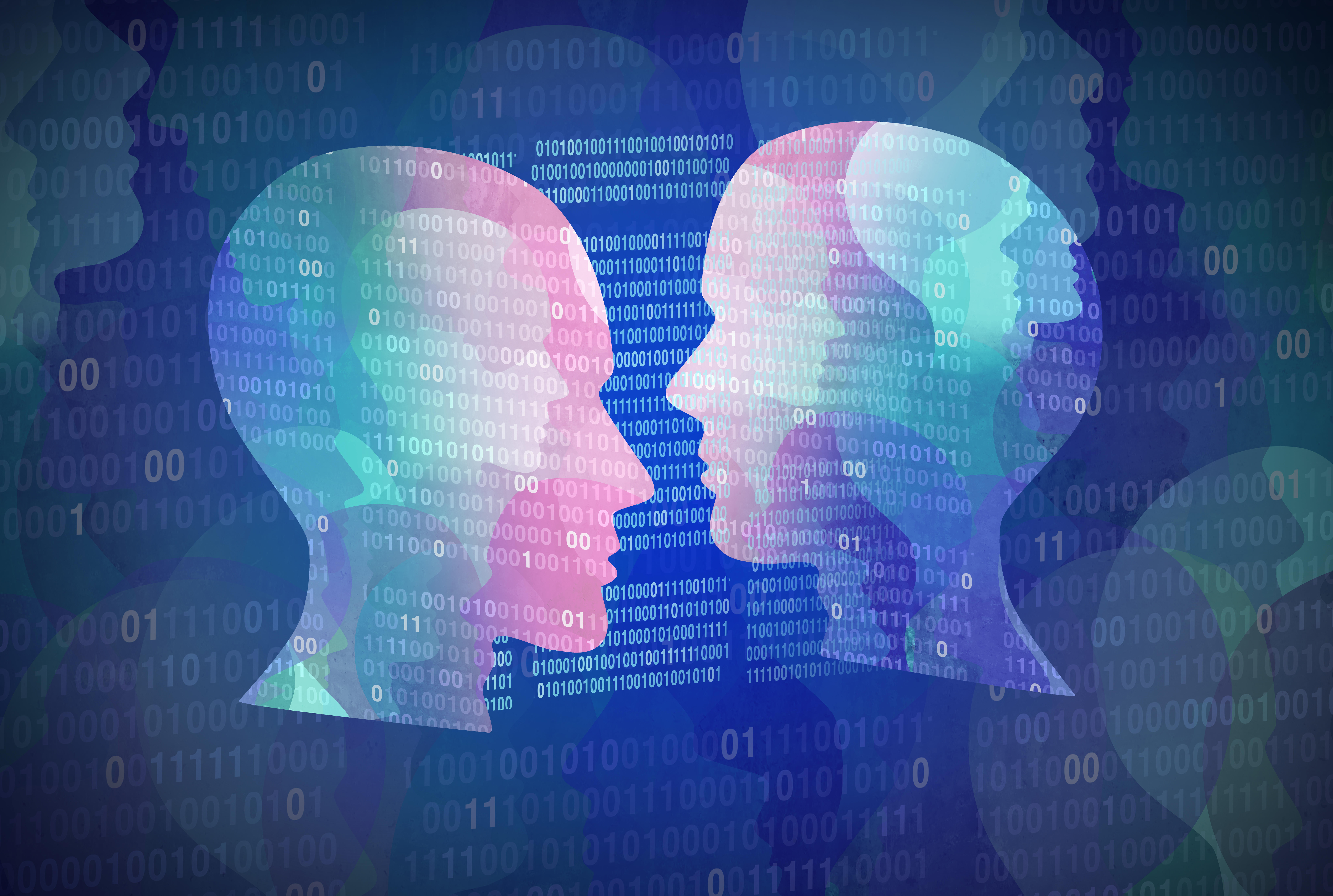With the pandemic, employee experience has had its watershed moment. Enterprise organizations have realized the strategic imperative, and "employee experience" is part of post-pandemic business lexicon. So where do we go from here?
One of the areas I'll be watching closely in 2023 is incorporation of artificial intelligence (AI) into employee experience. As enterprises continue their efforts to optimize employee experience, AI will inevitably play an increasingly important role. Consider this quote regarding the use of AI for content and knowledge management, from Metrigy's global Employee Experience & Workplace Engagement 2022-23 research study:
"Incorporating AI in the delivery of knowledge will facilitate fast, efficient, and accurate decision making. AI provides the capabilities to expand, use, and create knowledge in ways we have not yet imagined."
One way AI comes into play for content and knowledge management is in the use of intelligent digital assistants and machine learning. We've seen companies embrace digital assistants and self-service knowledge bases as part of the customer experience, and the same benefit applies to employee experience. With the help of a digital assistant, for example, employees can more directly get to the medical co-pay answers or information they need, when they need it, rather than having to navigate through a multilayered benefits portal. Digital assistants can guide employees to complete tasks more efficiently and make better-informed decisions.
Perhaps in a sign of similar AI activity to come in 2023, LumApps closed out 2022 with a commitment to incorporate conversational AI technology more fully in its employee experience platform. Toward that end, LumApps acquired AI company Vizir, which makes digital assistant technology that uses natural language understanding. Vizir is a no-code tool, so business leaders in non-technical areas like HR or corporate communications should be able to create digital assistants to help with department-specific workflows like recruitment, onboarding, employee engagement, and so on-rather than having to allot budget for internal or external development and wait in line for developer resources.
The Vizir technology relies on task-oriented microapps to provide automated access to knowledge, third-party apps, and other resources within workflows, LumApps said. This will enable employees to interact with a digital assistant from within their most commonly used apps, including team collaboration apps such as Google Chat, Microsoft Teams, and Slack. LumApps will combine the Vizir digital assistant with its employee lifecycle automation tool, LumApps Journeys, for guidance in use cases such as those mentioned above.
LumApps is but one example of an employee experience platform provider furthering its AI strategy, and digital assistance for self-service or knowledge management is just one use case. Here are a few other ways in which AI can be of value in optimizing employee experience:
- Voice of the employee - By applying sentiment analysis to voice-of-the-employee survey responses, HR leaders can spot and more immediately troubleshoot negativity or, conversely, capitalize on positivity.
- Proactive employee feedback - Inserting chatbots into communications channels and workflows provides a mechanism for gathering employee sentiment in the moment, rather than waiting for a quarterly or annual survey to find out what's on employees' minds.
- Engagement insight - Analyzing employee behavioral data--in aggregate, of course--can give business leaders an understanding of which teams are most successful, and why. They can then use this information to guide other teams to improved success, which would in turn boost the employee experience. This can apply to any measure of success, including engagement, productivity, and wellness.
- Customer experience - As I discussed in my previous post, being able to correlate employee experience and customer experience data can help business leaders connect the dots between the two, driving changes for employees that will lead to improvements in customer satisfaction.
In Metrigy's above-mentioned employee experience study, only 24.2% of companies said they considered the use of AI for content and knowledge management/sharing to be very important, only ever so slightly ahead of those saying it wasn't at all important. We'll be asking this question again (along with others on AI) in our 2023 survey. I'd expect to see the gap between "very" and "not at all" widen as employee experience providers fortify their platforms with more AI and HR and other business leaders get more comfortable with technology.



